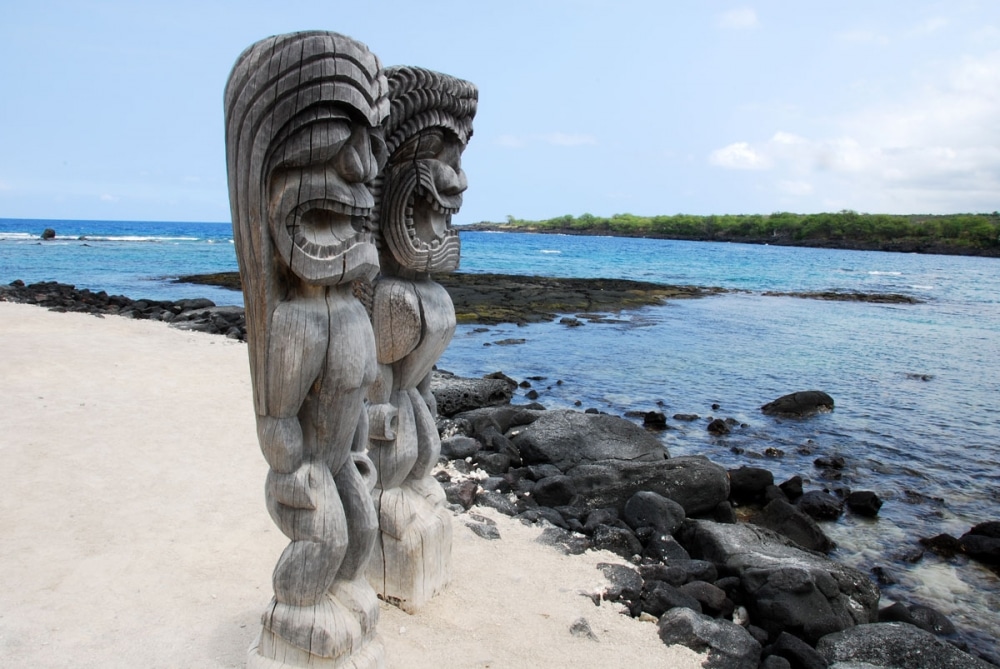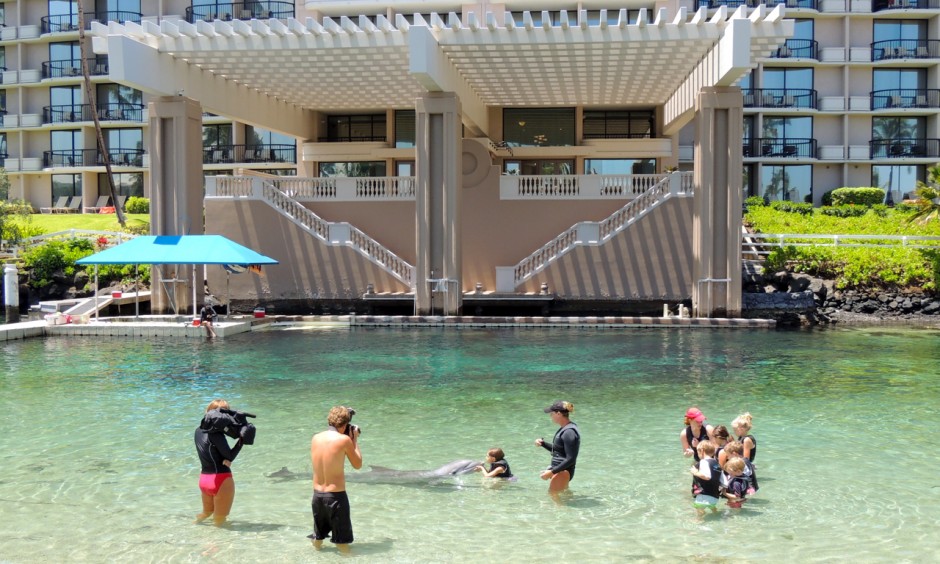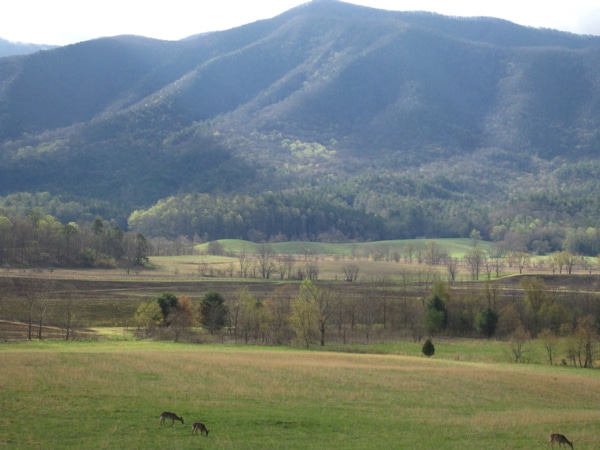We visited Portland, Oregon (the subject of chapter Four in the book) on June 5. We checked into a La Quinta motel in the industrial area in the northwest part of the city. The location was lousy; we got lost trying to find it. However, the room was large, and the internet connection was good. It was our oldest son’s thirty-first birthday, so we called him at his room in Alaska. He is working for a concessionaire in Denali National Park. He was excited that he had received a good promotion with a big raise in pay. He was worried that he would be offered a token increase for a lot more work as I describe was so for the “senior” clerks at Yellowstone. But he got a decent amount and for not much more work. He told us that there were workers at a nearby private bar who were living in a large army-type tent. That was the living quarters the employer provided! And we complained about our 10 by 10 room in Yellowstone.
As we drove through some familiar streets in the city, our old feelings about Portland came back. A liveable city in many ways, but we always think something is missing. It was cloudy, rainy, and cool, and the gloom seemed to permeate my spirits. We noticed a number of tall buildings under construction or recently built near where we had lived. We read later that these will cater to the wealthier classes, making the divide between rich and poor still more obvious. We saw some of the same homeless people we used to see everyday three years ago. And the large number of homeless kids still filled the streets. The city has just passed an anti-loitering law, but it is an open question if it will be enforced. Businesses don’t like all the shabby-looking street dwellers, but of course no one ever wants to talk about what drives youngsters to the city in the first place – miserable lives elsewhere.
My talk was at Laughing Horse Books in the northeast section of town. The Willamette River separates east and west and Burnside Street does the same for north and south. The store is operated as a volunteer collective and has an anarchist character. I was disheartened to see a bunch of 9/11 conspiracy books for sale. These speak to a rather thoughtless world view. I was further discouraged when no one in the collective seemed at all excited that I was there. Someone could have faked it, no? And I had to introduce myself. Is this what radical anarchism means? Not even common courtesy. What advertising there was for the event I did. But the store took a cut of the sales nonetheless. About twenty people came. I gave a good presentation I think but I had a very hard time engaging the audience. One couple fell asleep no more than two minutes after I started talking!! I was asked some questions though and met some good people including two older MR stalwarts, one of whom, Michael Munk, has just written a book about Portland’s radical past (Portland’s Red Guide).Another, the editor of a local alternative newspaper, hailed from near Pittsburgh and planned to review my book.
Sometimes when I am answering questions, I wonder if perhaps I have unfairly criticized a place and its people. A woman asked me about racism in Portland, something I had discussed in the Portland chapter. I had said that Portland was a more racist city than many others, and that this belied its liberal reputation. I talked a little about this in response to her question. Then the next day, I read the relevant sections of David Peterson del Mar’s interesting book, Oregon’s Promise: an Interpretive History. He gives chapter and verse to the state and the city’s long an inglorious history of racism, directed at blacks, Hispanics, Japanese, Chinese, and American Indians. At the end he says, “Finally, Oregon must address and reverse the racist legacy that stands at the center of its history.”
I also commented on Powell’s, the city’s famous bookstore. I have a section in Chapter Four titled “Picketing at Powell’s” In it I have a few harsh words for Powell’s founder, Michael Powell. A journalist told me toady that he interviewed Powell once and asked him if he loved books. Powell answered by asking if you’d ask a plumber if he loved pipes. “It’s a business,” he said.






